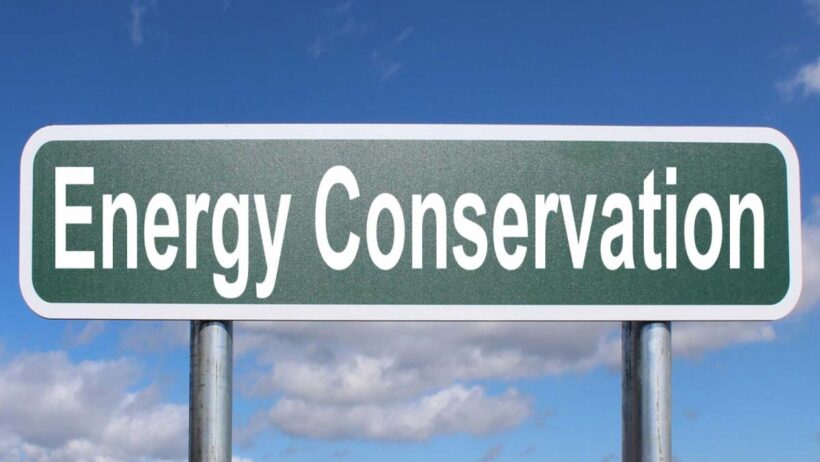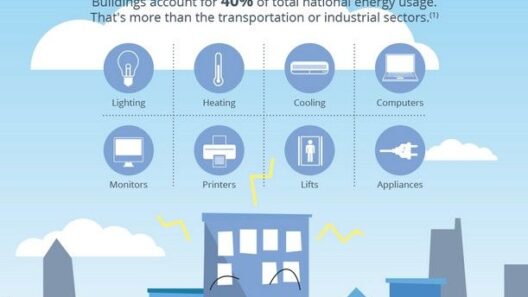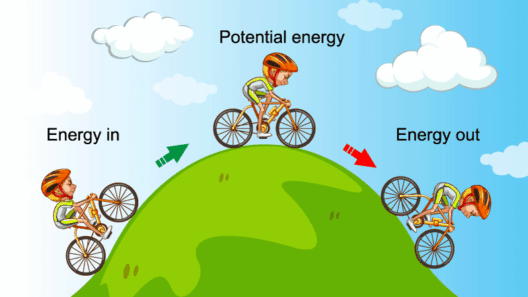Conserving energy is a critical practice that not only benefits individuals but also has far-reaching implications for the planet as a whole. By understanding the various advantages of energy conservation, we can make more informed choices that reflect our commitment to environmental sustainability. The benefits can be categorized into several key areas: economic savings, environmental impact, energy independence, health improvements, and social responsibility.
Economic Savings
One of the most tangible benefits of conserving energy is the financial savings that accrue over time. By being mindful of energy usage, individuals can significantly reduce their utility bills. Simple actions like turning off lights when leaving a room, using energy-efficient appliances, and adjusting thermostats can lead to remarkable reductions in energy consumption. The cumulative effect of these small changes can translate to substantial savings on monthly bills, facilitating a more prudent allocation of personal finances.
Furthermore, businesses that prioritize energy efficiency tend to experience decreased operational costs. This leads to enhanced profitability, allowing companies to reallocate resources towards innovation and expansion. The economic advantages of energy conservation are, therefore, twofold: personal savings for individuals and increased competitiveness for businesses.
Environmental Impact
Energy conservation plays an instrumental role in reducing greenhouse gas emissions, which contribute to climate change. By utilizing less energy, we decrease the demand for fossil fuels, which are the primary culprits behind carbon emissions. Fossil fuel extraction and consumption results in significant environmental degradation, including habitat destruction and air and water pollution. By shifting towards renewable energy sources and conserving existing resources, we mitigate these detrimental effects, working towards a healthier planet.
Additionally, reduced energy consumption leads to lower thermal pollution levels, positively affecting aquatic ecosystems. Water used for cooling in power plants returns to nature at elevated temperatures, which can harm wildlife. By conserving energy and subsequently reducing the need for extensive power generation, we can help maintain the delicate balance of our ecosystems.
Energy Independence
A society that conserves energy is less dependent on foreign energy sources. This independence can lead to both geopolitical stability and increased national security. By investing in local energy generation projects, such as solar or wind farms, nations can reduce their reliance on imported fossil fuels, diminishing the vulnerability associated with fluctuating oil prices and potential supply disruptions.
Increased energy independence fosters innovation in local energy technologies. For instance, communities that embrace renewable energy can tailor solutions to fit their specific needs, creating a more resilient energy infrastructure. This localization of energy production not only enhances efficiency but also stimulates local economies by creating jobs in the renewable sector.
Health Improvements
Energy conservation also has significant public health implications. Reducing energy consumption can lead to improved air quality by diminishing emissions of harmful pollutants. Many industrial processes and power generation methods release particulate matter and volatile organic compounds that can exacerbate respiratory conditions, cardiovascular diseases, and other health issues. By conserving energy, we actively contribute to cleaner air, ultimately enhancing our overall health and well-being.
Moreover, energy-efficient buildings tend to be designed with better insulation and ventilation systems, resulting in healthier indoor air quality. In such environments, occupants are less likely to suffer from issues like mold or excessive humidity, leading to a better quality of life. Thus, the push for energy conservation aligns not only with environmental objectives but also with public health initiatives.
Social Responsibility
Conserving energy reflects a commitment to social responsibility and stewardship of the planet. As global citizens, we have an ethical obligation to consider the impact of our actions on future generations. By actively engaging in energy conservation practices, we foster a culture of sustainability, inspiring others to follow suit. This communal effort can manifest in various ways, from neighborhood initiatives promoting energy-efficient practices to policy changes that encourage sustainable development.
Education plays a vital role in this aspect. Schools and universities that incorporate energy conservation principles into their curricula equip the next generation with the knowledge and skills necessary to tackle pressing environmental challenges. This fosters a sense of responsibility and awareness that transcends individual actions, promoting a collective movement towards sustainability.
Conclusion
In conclusion, conserving energy presents a myriad of benefits that extend well beyond personal gains. It encompasses economic savings, environmental protection, energy independence, health improvements, and social responsibility. By reducing energy consumption and adopting sustainable practices, individuals and communities can contribute significantly to a healthier planet. The path towards energy conservation is not only a choice but a necessity for ensuring a sustainable future for all. Embracing energy conservation is, ultimately, an investment in our planet’s health and our well-being.








